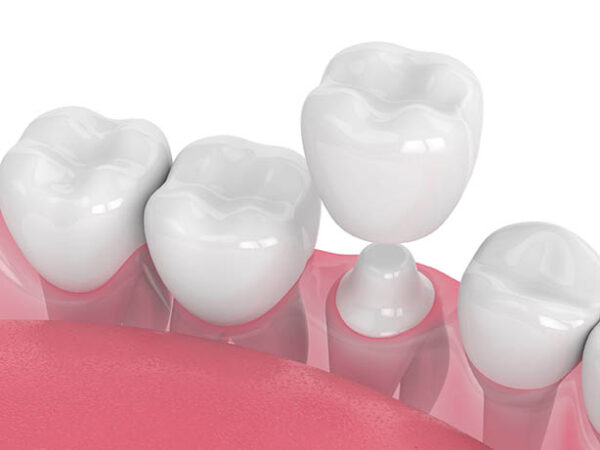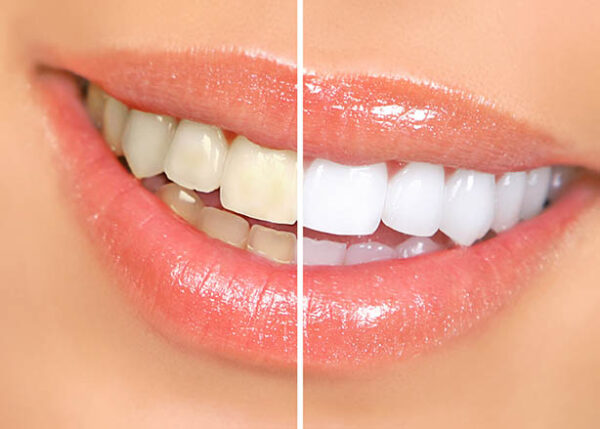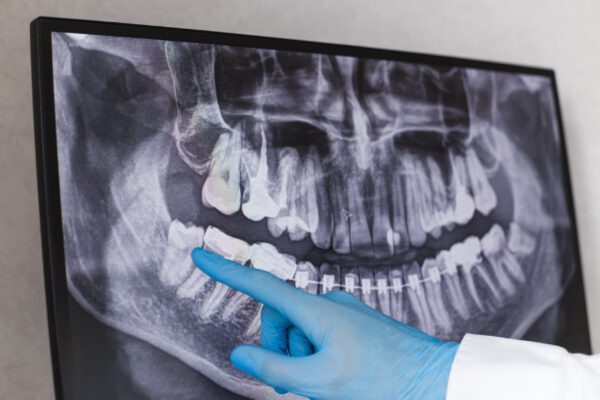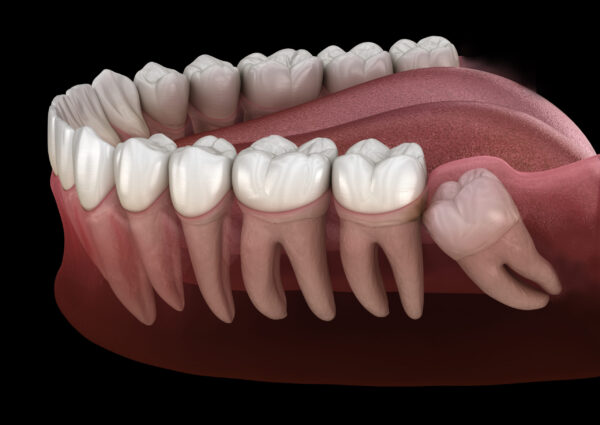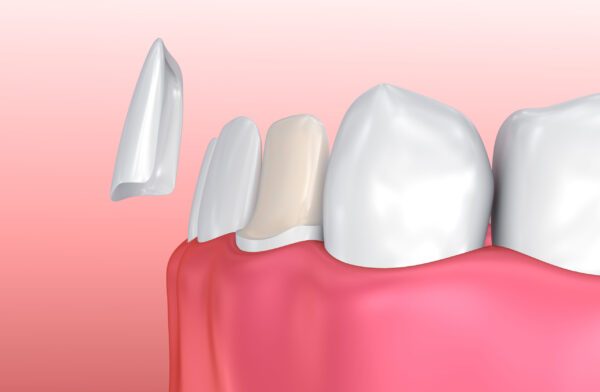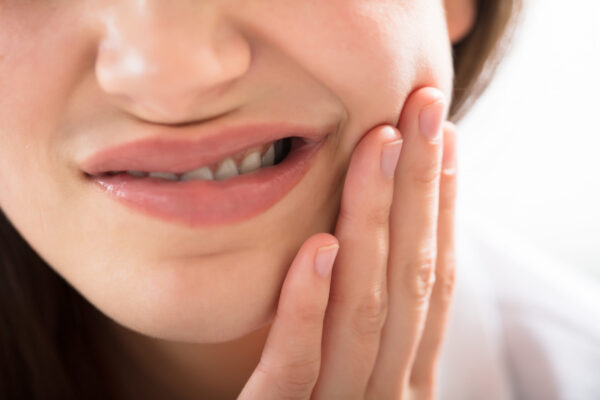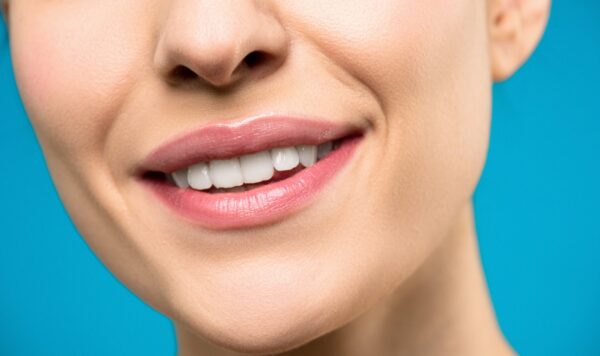When pregnant, you may experience some dental problems that need to be attended to on time. In some instances, an X-Ray must be conducted. As a pregnant woman, you may ask yourself, is a dental X-Ray safe for pregnant women? The possibility of your unborn child experiencing any harm because of an X-Ray is minimal. …
Your teeth are part of your smile and the shape of your face. They also protect your bones from being slowly worn down. It is essential to take care of them and prevent decay, erosion, and build-up. Here we will discuss three dental crowns: traditional metal, ceramic, and porcelain-fused-to-metal. Get ready to find out how …
Looking for a way to improve your smile? Teeth whitening may be the solution you are looking for! Whitening your teeth can make them look up to 10 shades lighter, and it is a procedure that can be done in the comfort of your own home. Some of the reasons why people turn to teeth …
You want to get to the top when it comes to your career. The team at Centreville Dentistry would like to help you with that by meeting your cosmetic dentistry needs. There are ways that changing up your teeth and your smile can have an impact on your career and help you be successful, and we are …
A person’s teeth go through a variety of stages. Children have baby teeth otherwise known as milk teeth that will be replaced as they age. Permanent teeth cannot be naturally replaced so it is important that they don’t become damaged. One possible damaging situation includes the emergence of your wisdom teeth. Your mouth will go …
Most people have horror stories about their experience with their wisdom teeth. As a result, they have a lot of questions about wisdom teeth. Why do we have them if we’re going to need to remove them later in life? Why do they get impacted? What’s the purpose of having them? Wisdom teeth are considered …
Keeping your teeth healthy can be a chore. The first thing you should do is to make sure you practice good dental hygiene such as brushing and flossing your teeth daily while scheduling dental visits regularly. Having healthy teeth doesn’t always mean you have perfectly, white, and attractive looking teeth. One way to resolve teeth …
Most people are born with more than one set of teeth in their jaws. Throughout certain points in our lives, these sets of teeth emerge. Babies see their first set of teeth appear around their first year of life and then lose those same teeth as they reach elementary school. Along with the replacement of …
A cracked tooth is something that is not uncommon to many of us. According to the survey of the Cracked Teeth Registry organized by the National Dental Practice-Based Research Network, about 66.1% of the 1962 patients evaluated had at least one cracked molar. A tooth or a part of it can be cracked because of …
Fluoride is a compound that is naturally found in nature — from the foods that we eat and the water that we drink. However, despite its abundance in nature, many of us are still suffer from dental problems especially tooth decay. Because of this, medical and dental experts have been in favor of recommending fluoride …
Losing a tooth or two can affect your life more than you know. It can dampen your smile and affect your self-confidence and your way of eating or speaking. For this reason, many individuals resort to dental treatment such as dental implants to improve their smile and quality of life. If you have missing teeth …
Your gums and your teeth make up an important team. Since teeth are attached to your gums, the health of your gums is essential to ensure that your teeth are healthy too. Your oral health isn’t just all about how straight or how white your teeth are. Your gums play an essential role too. One …


